Research
Focus
COPA research activities are aimed at designing and improving systems under a multi-disciplinary approach.
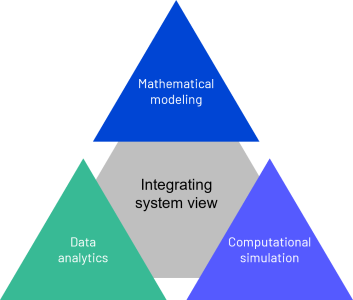
Our research is grounded on a combination of mathematical modeling, data analysis, and computational simulation. We are interested in complex systems operating under uncertainty that naturally arise from the interaction of multiple components (and sub-systems). These systems characterize modern infrastructure, cyber-physical architectures, urban and sustainable environments. An important aspect of these systems is that they are governed by humans and what we do should help them in their decision making process.
Areas
of application
Research in COPA is framed into major application areas, which encompass and extend industrial engineering traditional boundaries. We are currently working on:

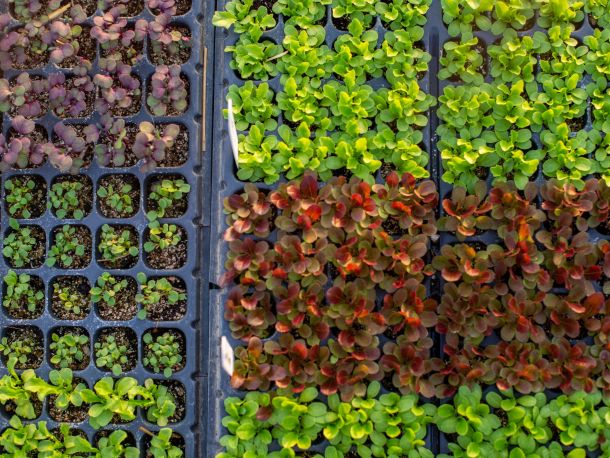
Agricultural systems
Agricultural systems have become relevant to achieve food security worldwide. COPA support decision making for agri-food stakeholders on the logistics and operations in different levels of the supply chains.
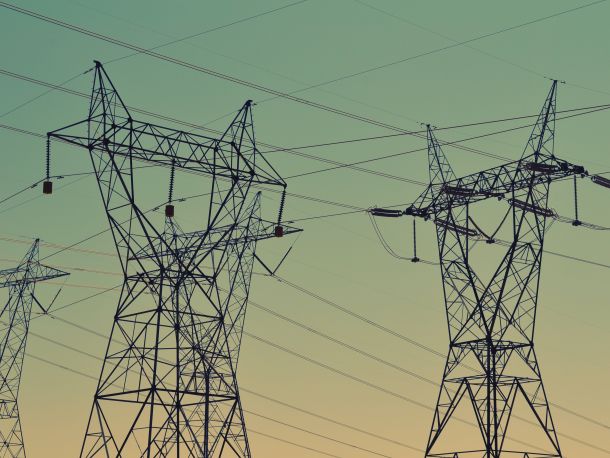
Energy systems
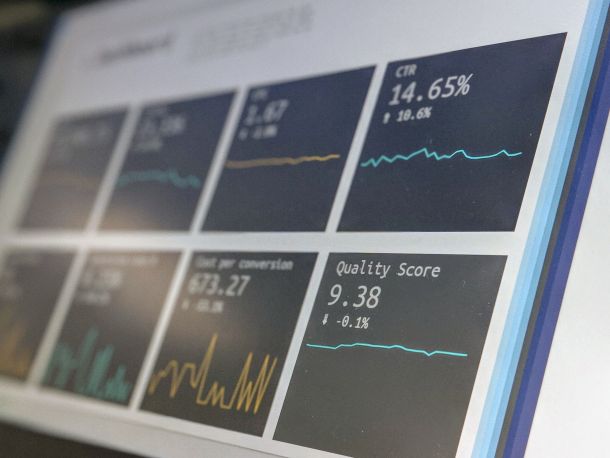
Financial engineering systems
During the past decade, many sophisticated mathematical and computational techniques have been developed for analyzing finance data. Financial engineering is a multidisciplinary field that uses tools and concepts of statistics, economics, computational methods and applied mathematics, to solve financial problems and to support the decision-making process of investment, loans, and risk management.
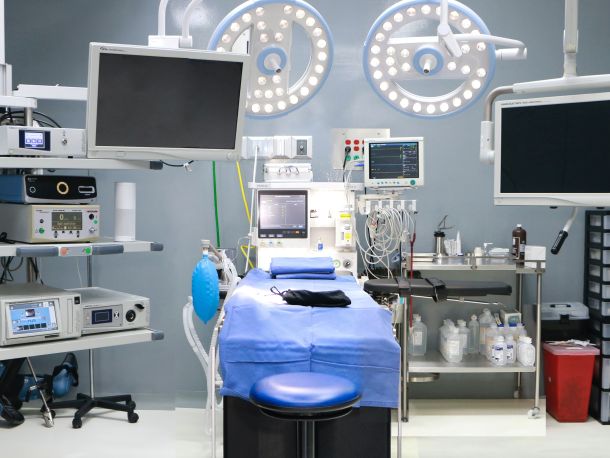
Health systems
Healthcare systems classify among the most complex ones. They are required to provide real-time services with stringent requirements to general public, ensuring high levels of quality. They are resource intensive systems that mobilize staff and materials to respond to statistically predictable scenarios, but that also have to be ready to cope with emergency situations. All of the above entails the necessity of careful planning at the strategical and tactical levels, and calls for a continuous monitoring and control of the operations to make the best usage of the available resources. The growing digitalization of healthcare is nowadays opening unprecedented opportunities for optimizing healthcare systems, making it available to data Analytics and Operations Research techniques wealth of precious data. COPA has been working on several projects aiming at support decision-making in healthcare systems, through the application of diverse operations research techniques, including optimization, Markov decision processes, risk assessment, continuous and discrete simulation and network analysis.

Production systems

Sustainable systems
COPA researchers are committed to the inclusion of sustainability in the wide range of problems they address (organizational systems, urban systems, health systems, logistic systems). Sustainability implies analyzing and balancing tradeoffs between economic, social and environmental aspects of engineering problems. COPA projects in the area of sustainability include multi-criteria and multi-objective decision support strategies for physical and organizational systems, applications of optimization for responsible use of natural resources, and stretagies for risk reduction with regards to natural hazards.
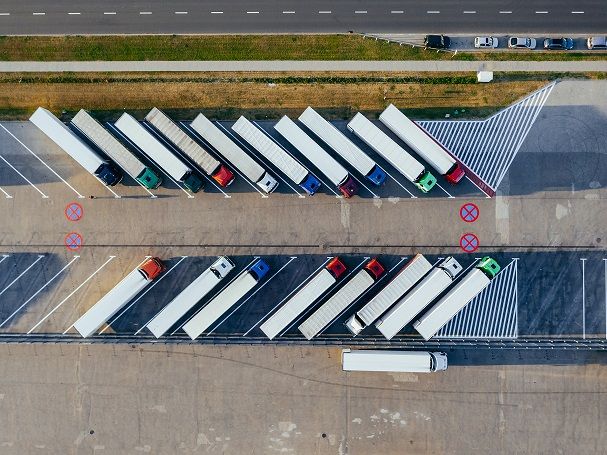
Transportation and logistics systems
This research line is focused on the broader topic of transportation science and logistics within operations research. We understand logistics as the application of quantitative techniques to design, plan, and control systems which goal is to effectively and efficiently distribute goods or services within a network (of networks). This line is centered in the design and improvement of transportation and logistics systems, to support operational, tactical, and strategic decision making.

Urban systems
Urban systems integrate natural, physical and social systems, and involve many of our daily problems: efficient and equitable access to transportation, public spaces, jobs, amenities, energy and other utilities, etc. Studying urban systems implies understanding key features of physical systems (e.g., infrastructure) and their relationship to human activities. In this sense, urban problems involve problems such as: designing adequate governance structures; planning long-term development and growth; guaranteeing efficient and equitable access to basic services (e.g., utilities, transportation) and opportunities (e.g., education, banking); pursuing responsible use of resources with a cross-generational perspective; adapting to environmental and technological challenges (e.g., climate change, artificial intelligence). In COPA, we address these challenges through the use of data analysis, mathematical modeling, optimization, simulation, and operations research in general.